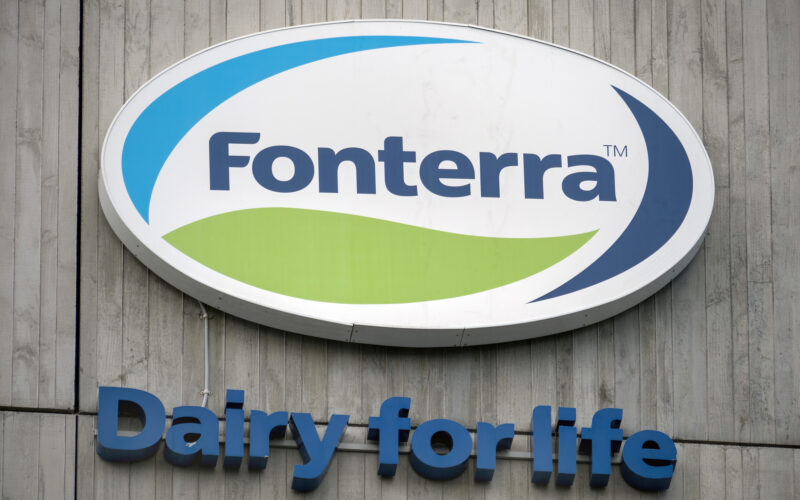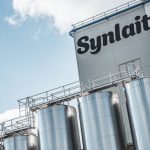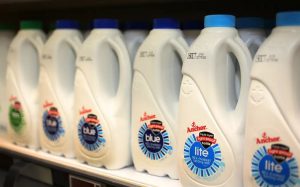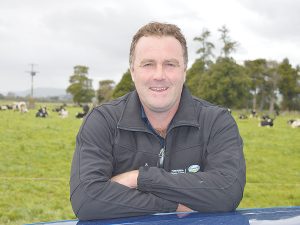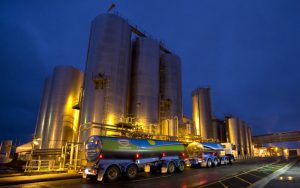
The massive asset sale to Lactalis is questioned by former Prime Minister Helen Clark, but farmers say the capital return is a crucial lifeline.
The proposed $4.22 billion sale of Fonterra’s global consumer business to Lactalis is stirring debate far beyond the confines of the agribusiness sector. While the deal is a significant move for the New Zealand dairy industry, it has drawn public commentary from former Prime Minister Helen Clark. In a social media post, Clark raised concerns about the use of the proceeds, questioning whether they would be invested strategically or simply handed back to shareholders, a move that could inflate farmland values.
This public scrutiny highlights the tension between long-term corporate strategy and immediate financial relief for producers. Clark’s comments implicitly question whether a one-off cash distribution is the most beneficial outcome for the cooperative and the national economy. Her focus on a planned investment program suggests a preference for a more structured, forward-looking use of the substantial funds rather than a direct return to individual farmers, a perspective often seen in dairy economics discussions at a national level.
However, from the perspective of the farmer, the capital return is a welcome and necessary financial injection. The article points out that dairy farmers have faced several challenging years, grappling with low milk prices and soaring input costs. The proposed $2/share capital return is viewed as a practical solution that will help farmers reduce debt and catch up on much-needed maintenance and infrastructure work on their farms, directly improving their operational stability.
The core of the issue, as seen from the farmer’s perspective, is autonomy. The article makes it clear that how farmers choose to spend this money is their own decision. The capital return provides them with the flexibility to address their most pressing financial needs, whether it be paying down loans, upgrading equipment, or investing in future productivity. This focus on individual empowerment and direct benefit stands in contrast to the top-down, macroeconomic concerns raised by critics of the deal.
Ultimately, the sale presents a critical juncture for Fonterra and its shareholders. While the deal represents a divestment from a portion of its business, it also signals a potential shift toward a more streamlined cooperative focused on its core strengths. The strong feedback from farmers on the capital return shows that for many, this financial certainty is a powerful positive. The sale is a defining moment, balancing national strategic concerns with the immediate, real-world needs of the producers who own the cooperative.
Source: Rural News, “Fonterra asset sale: Helen Clark”
You can now read the most important #news on #eDairyNews #Whatsapp channels!!!
🇺🇸 eDairy News INGLÊS: https://whatsapp.com/channel/0029VaKsjzGDTkJyIN6hcP1K
